Barry Callebaut: a new organisation…and what’s next ?
Hervé Cantelou-Daize 's testimony
The Barry Callebaut's Louviers site (Eure region) transforms cocoa beans into semi-finished products. In 2016, it was chosen by the Group to work on improving the efficiency of the industrial organisations. Hervé Cantelou-Daize, Cocoa Operations Director for France, wanted to go even further, by completing the Group's pilot organisation with local action on processes, along with individual and collective support.
Get rid of the silos
As part of the Group's strategy, the plant's 7 production units that each dealt with one step of the bean processing procedure, were grouped into 2 independent business stream: one for the Liquid part and one for the Solid part.
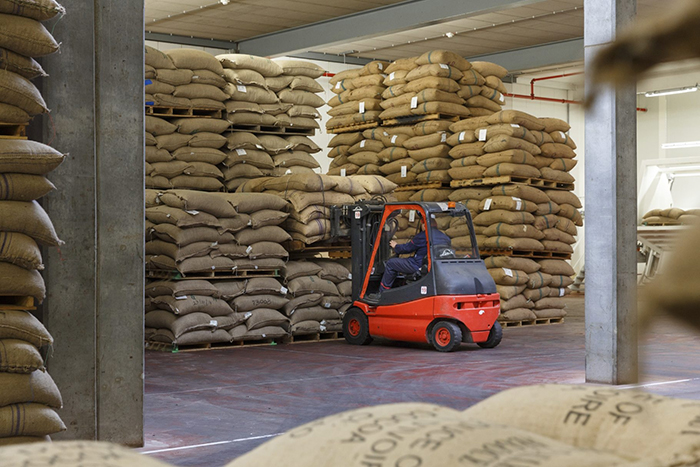
A new operating mode for a new organisation: each stream is monitored on a daily basis by a stream leader, assisted by the Maintenance manager, the Quality coordinator, the process engineer and the scheduler. "Together, they go and meet the operators and in each workshop, the operator reviews the situation, discusses the problems encountered, the improvements to be made, etc." This management ritual (a Gemba Walk) is based on a dashboard, which is a visual management tool used to monitor the main business indicators.
"Thanks to this organisation and these discussions, we have put the decision-making centres close to the shop-floor and the operators at the heart of the daily decisions. We were therefore able to quickly improve communication within teams and across departments."
However, how can we ensure that these actions progress ? That what was said during the Gemba Walk will be taken into account ? That the instructions will be passed on to the right people? In a word: how can we ensure that the organisation works at full power
Adapt the processes and management tools
For Hervé Cantelou-Daize: "defining the organisation is not sufficient; we must also define how the teams are going to work together and with what tools. It is the processes (and management!) that will determine whether the organisation can work at full power or not".
For this reason, the activity and operation modes of each production station are examined with a fine-tooth comb. Key events, points of attention, teams' perceptions: nothings escape the critical but kindly eye of the Quaternaire consultants who are on site day and night, even for the 4.30 a.m. shift change!
"This work has been conducted with our Continuous improvement manager, Valérie Ingles. In the space of 2 months, we have defined the management process and its frame of reference around Short Interval Management". 12 new rituals are now part of a calendar that must be kept to, in order to ensure that requests from the shop-floor are taken into account.
The Maintenance process has also been revised, with the implementation of self-maintenance actions that are done by the operators themselves. These operations were started during the Gemba Walks and are now included in the rituals.
Another example: the dashboards have been changed to facilitate the identification of priorities during shift changes—a key moment where there is an important risk of information being lost.
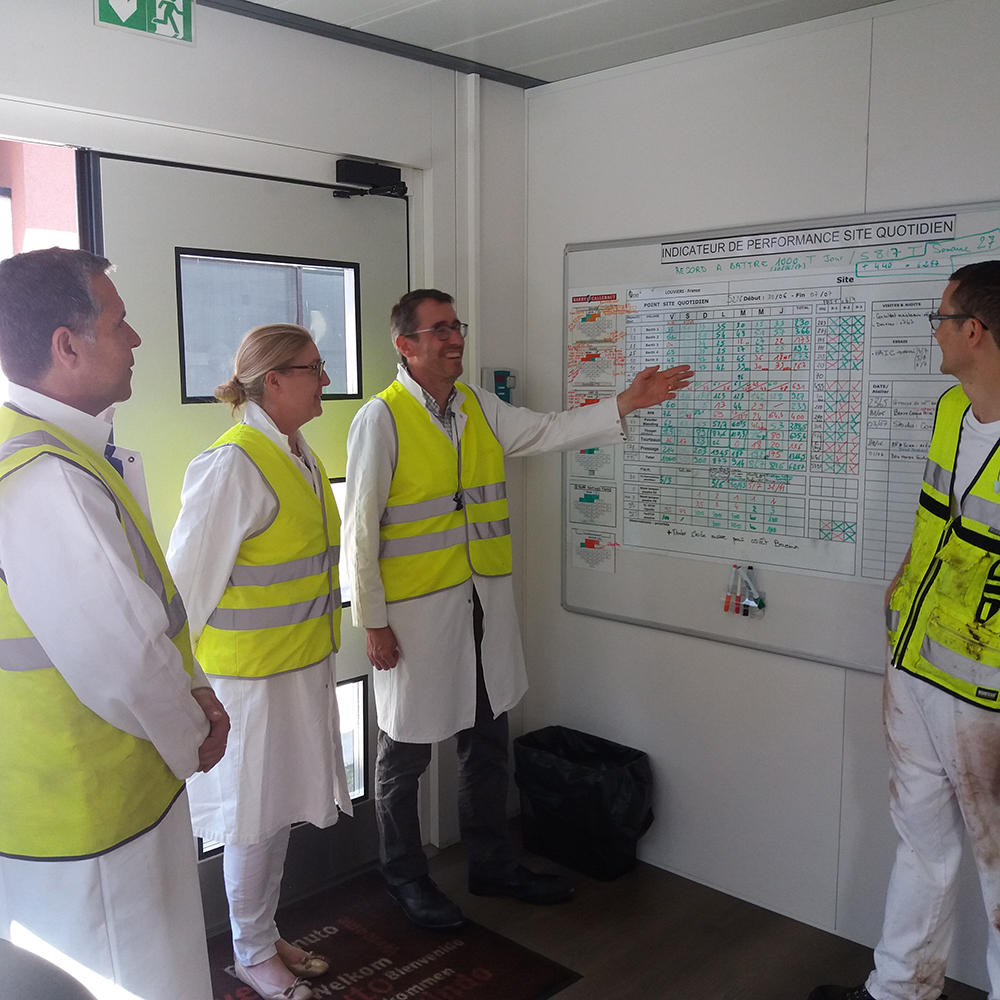
The follow-up of technical stoppages has been reinforced… "These changes have really strengthened the organisation, and have improved the teams' reactivity and efficiency".
Train managers to implement change
Organisational change, along with new tools and different processes and operating modes, promotes collective decision-making, BUT it also upsets management practices! "To make our strategy coherent, it was essential to redefine the managers' missions, in particular to improve their ability to develop the operators' skills".
We therefore hired consultants to assist the supervisors with their job. This coaching helped us to understand the obstacles they face, remove their doubts and clearly define the training required for each of them.
This individual support was then followed up by collective support: very practical management training sessions, directly related to the everyday realities. Managing your priorities, giving positive feedback, refocussing team members, etc.: the training sessions were delivered by 2 people, a trainer and a consultant, and also benefited other junior supervisors (outside production)… A good way to promote team-building and improve cooperation at the same time!
"Working on their missions, assisting the supervisors on the shop-floor, training them, enabling them to measure the progress—all these steps have changed our practices, genuinely and sustainably". And it works! In less than two years, the output of the Louviers' industrial plant has increased by 5% and the breakdown rate has plummeted by 30%! Hervé Cantelou-Daize explains this performance in the following terms: "In a constructive atmosphere, we have developed an interdepartmental approach and clearly defined the operating and coordination modes of the site's results. This combined with tailored support for our managers, means we have been able to improve their ability to understand and embody their responsibilities in the new organisation. A progressive and collective task that is essential to succeed!"
Barry Callebaut
The Swiss group, Barry Callebaut, is the world's leading supplier of chocolate and cocoa. It employees almost 10,000 people in over 30 countries and has annual revenues of over 6 billion Euro.
The Barry Callebaut group manufactures gourmet chocolate and chocolate specialities and acts as both a supplier and sub-contractor for leading chocolatiers and the agri-food industry.
FRONT PAGE !
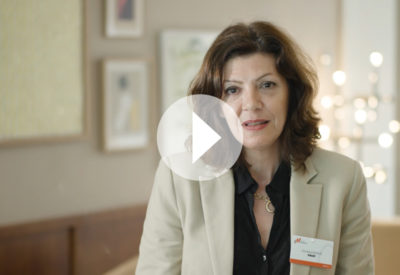
Knauf France: CEO's testimony
Christine Muscat, CEO of Knauf France, talks about the multi-site operational excellence project deployed at 23 of the group's sites.
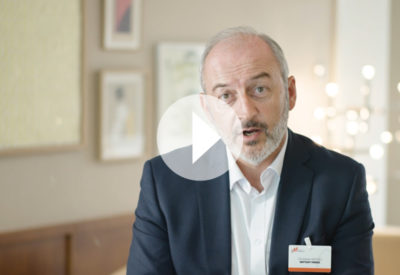
Brittany Ferries: CEO's testimony
Christophe Mathieu, CEO, talks about the performance-based purchasing approach launched by Brittany Ferries with the creation of a purchasing department
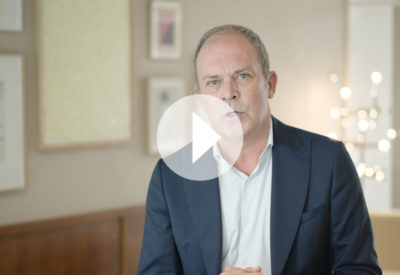
Crédit Agricole Sud Méditerranée: CEO's testimony
Nicolas Tavernier, CEO, talks about the construction of Crédit Agricole Sud Méditerranée's new corporate project and its operational support.

